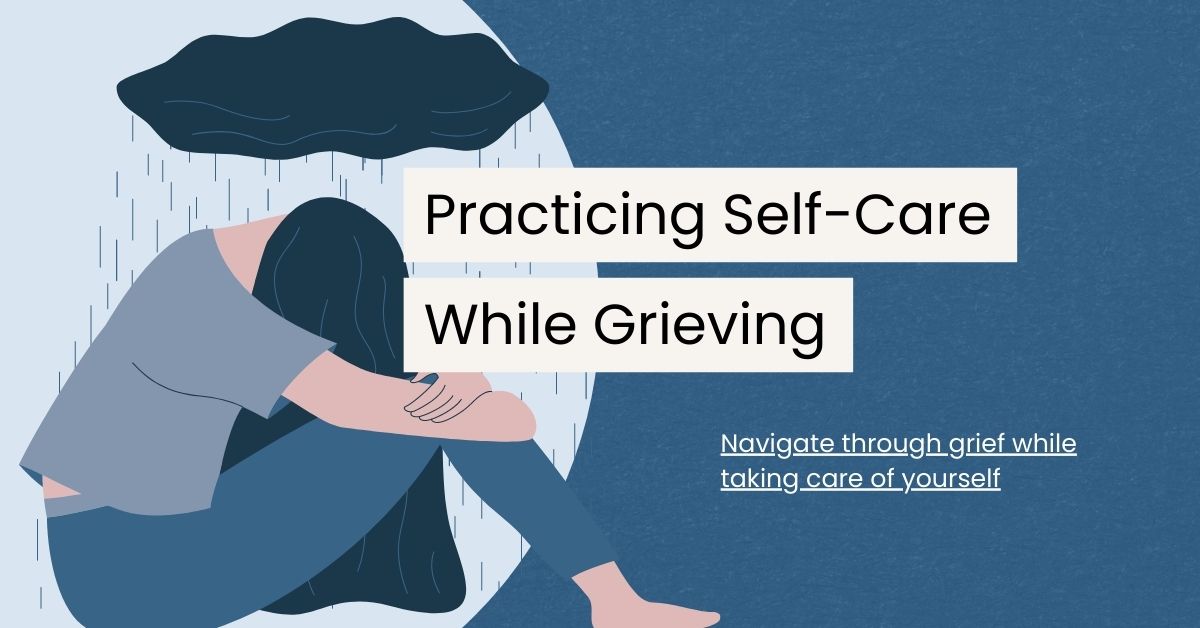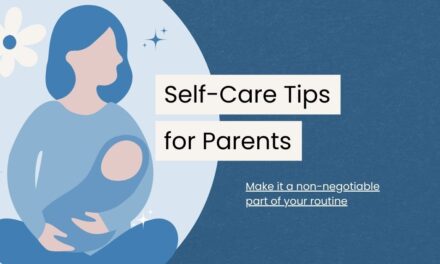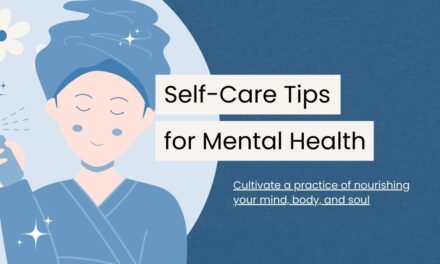Last Updated on July 15, 2023
Want to prioritize self-care while grieving? Keep reading.
They say self-care is like taking vitamins or flossing – something we know we should do, but often neglect in our busy lives. And if you’re reading this, chances are you’re going through a period of grief. Whether you’re mourning the loss of a loved one or experiencing the aftermath of a long illness, death has a way of turning our world upside down in an instant.
In those first few days, there’s a whirlwind of arrangements and distractions, like funeral preparations and eulogies. But eventually, reality sets in, and the weight of the loss becomes too much to bear. Unfortunately, reaching out to others for support can sometimes be met with discomfort or avoidance, leaving you feeling isolated and even sadder.
But here’s the good news: there are numerous self-care ideas to help you navigate through grief. Everyone copes with sadness and loss differently, so we’ve rounded up five primary ways to take care of yourself during this challenging time. Remember, self-care isn’t selfish, and it doesn’t mean disrespecting the memory of the deceased. It’s about embracing your grief, finding solace, and promoting your overall well-being.
Ways to Practice Self-Care While Grieving
Self-care while grieving is crucial for nurturing our emotional well-being and finding solace amidst the pain. In the following list, we will explore a variety of ways to practice self-care while grieving, including mindfulness, restful sleep, gentle exercise, creating self-care routines, expressing emotions, nourishing our bodies, engaging in creative outlets, seeking professional support, and connecting with nature.
These self-care practices are invaluable in providing comfort, support, and healing as we navigate the complexities of grief and embark on a path of renewal and inner strength.
- Connect with Loved Ones: Surround yourself with close friends and family, even virtually, to find comfort and support. Share experiences through video calls, and let them listen or share stories from their day to distract your mind.
- Embrace Nature: Spend time in nature to relieve stress and anxiety. Find solace in parks, breathe in fresh air, and observe the beauty around you. Consider hiking or biking to stimulate both your body and mind.
- Journal Your Thoughts: Writing allows you to gain perspective on your emotions. Try journaling by writing letters to your departed loved ones or freely jotting down your thoughts. It can bring closure and help you reframe your thought process.
- Find Laughter: Engage in funny books, sitcoms, or comedy shows to temporarily escape grief and bring moments of joy into your life.
- Seek Support: Join bereavement support groups where you can connect with others who understand your pain. Simply listening and sharing memories can be a valuable part of the healing process.
- Practice Mindfulness: Engage in mindful activities such as meditation, deep breathing, or yoga to calm your mind and reduce stress.
- Prioritize Rest and Sleep: Ensure you’re getting enough restful sleep and make it a priority to allow your body and mind to heal.
- Engage in Gentle Exercise: Participate in gentle physical activities like walking, stretching, or swimming to release tension and boost endorphins.
- Create a Self-Care Routine: Establish a daily routine that includes activities you enjoy and find comforting, such as reading, listening to music, or taking relaxing baths.
- Express Your Feelings: Find healthy outlets for your emotions, such as talking to a trusted friend, writing in a journal, or seeking therapy or counseling.
- Nourish Your Body: Pay attention to your nutritional needs by eating balanced meals and staying hydrated. Proper nourishment can support your emotional well-being.
- Practice Forgiveness: Extend forgiveness to yourself and others involved in your grief journey. Release any resentment or guilt that may weigh on your heart, allowing yourself to move forward with compassion and acceptance.
- Engage in Creative Outlets: Explore creative activities like painting, writing, or playing a musical instrument. Expressing yourself creatively can be therapeutic and provide a sense of purpose.
- Practice Self-Compassion: Be kind to yourself and allow yourself to grieve without judgment. Treat yourself with the same empathy and understanding you would offer a close friend.
- Set Boundaries: Understand your limits and communicate them to others. It’s okay to decline invitations or ask for space when you need it.
- Practice Self-Reflection: Set aside time for introspection and self-reflection. Consider journaling prompts or engaging in practices like gratitude exercises or affirmations.
- Create a Sacred Space: Designate a specific area in your home as a sacred space for reflection, meditation, or quiet contemplation. Fill it with comforting items such as candles, photographs, or mementos that evoke positive memories of your loved one.
- Explore Therapeutic Modalities: Consider exploring alternative therapies that can support your healing journey, such as acupuncture, massage, aromatherapy, or energy healing. These modalities can help release emotional blockages, promote relaxation, and restore balance to your mind and body.
- Set Realistic Expectations: Be gentle with yourself and set realistic expectations as you navigate through grief. Understand that healing takes time, and there is no set timeline for the grieving process. Allow yourself the space to grieve and honor your own unique journey.
- Find Comfort in Music: Listen to soothing or uplifting music that resonates with your emotions. Music has the power to heal and provide solace during difficult times.
- Embrace the Power of Affirmations: Use positive affirmations as a tool for self-care and healing. Repeat affirmations that resonate with you, such as “I am healing in my own time and in my own way” or “I am deserving of love and support,” to reinforce positive beliefs and self-compassion.
- Honor Rituals and Traditions: Embrace rituals and traditions that hold meaning for you and your loved one. Whether it’s lighting a candle on special occasions, preparing a favorite meal, or observing anniversaries, these rituals can help maintain a connection and provide a sense of continuity.
- Engage in Mindful Eating: Practice mindful eating by savoring each bite, paying attention to the flavors, textures, and nourishment your food provides. Use mealtimes as an opportunity for self-care and nourishment, focusing on nourishing your body and honoring your health.
- Embrace Rituals: Incorporate meaningful rituals into your daily life or on special occasions to honor your loved one’s memory and find comfort in connection.
- Practice Gratitude: Cultivate a gratitude practice by acknowledging and appreciating the positive aspects of your life, even amidst grief. Take a few moments each day to reflect on things you are grateful for, whether it’s a supportive friend, a beautiful sunset, or a cherished memory with your loved one.
Final Thoughts
As you embark on your journey of self-care while grieving, remember that it is not a selfish act. Taking care of your physical, mental, and emotional well-being is essential for navigating the complexities of grief.
Through connection, nature, journaling, laughter, and support, you can find moments of solace, healing, and hope. Embrace self-care as an act of love and compassion for yourself, allowing you to honor your grief while nurturing your own well-being.






